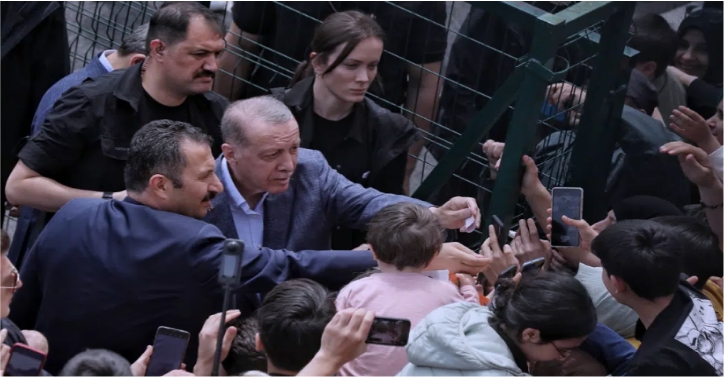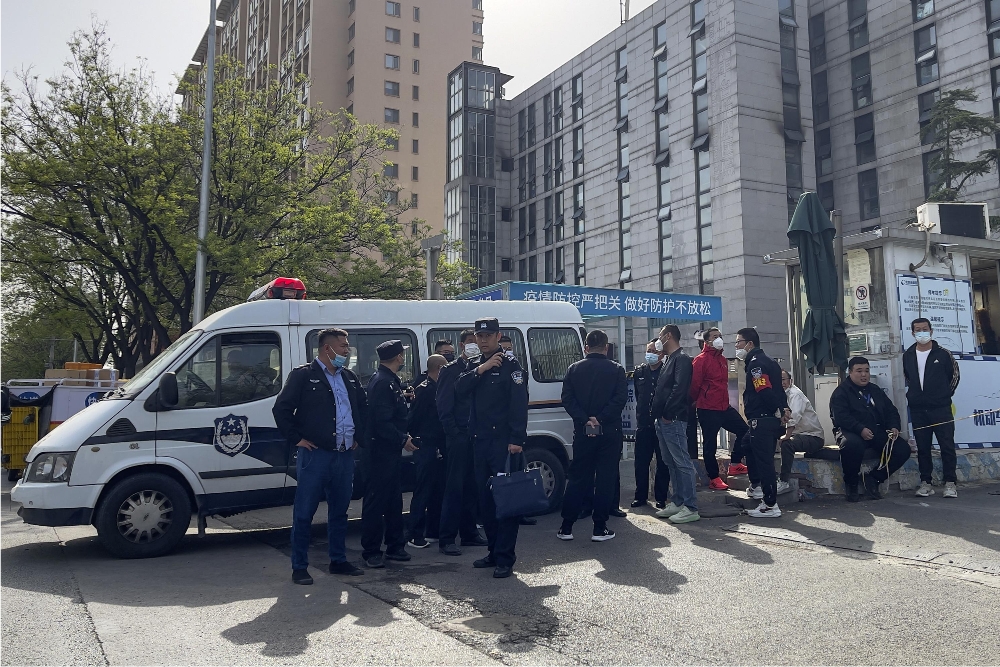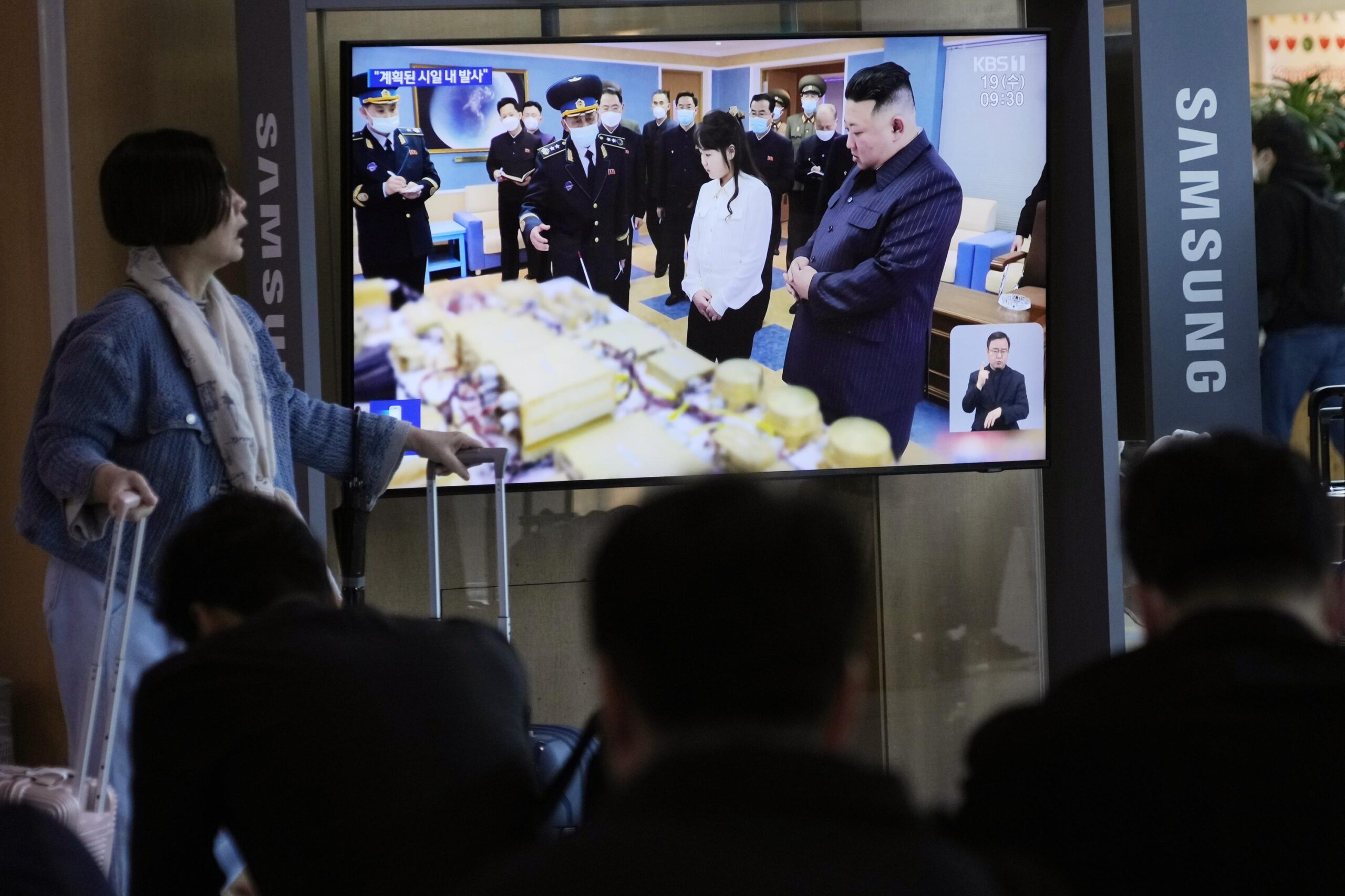The Ebola case in Glasgow will create considerable concerns among people about its potential spread, but effective containment could make the health worker who recently returned from Sierra Leone an isolated case.
Sky’s Health Correspondent Thomas Moore said close monitoring of anyone who came into contact with the patient after they became infected, as well as good practices during treatment, were key to preventing further cases.
“The key incubation period is considered to be 21 days and we have seen in other countries events where partners of people who have come down with Ebola are kept at home or monitored very closely to make sure they are not developing symptoms and there is no onward transmission,” he said.
“The key point in an outbreak is to contain it, to prevent it spreading. The further it spreads the more difficult it is to contact trace people and bring the virus back under control.”
Health officials have said the patient in Scotland only came into contact with one person since displaying symptoms, however the passengers who travelled on a flight from Casablanca to Heathrow and a subsequent flight from Heathrow to Glasgow with the infected person on Sunday are being traced.
The Ebola virus is not spread through ordinary social contact such as shaking hands or travelling on public transport.
Only people who have come into contact with the blood or bodily fluids of an infected person are at risk.
Anyone who was on the flight – or has recently return from the affected arreas of West Africa – and is worried about symptoms such as fever, chills, muscle aches, headache, nausea, vomiting, diarrhoea, sore throat or rash is advised to stay at home and call 111 or 999.
The unnamed patient is currently being treated at a specialist infectious diseases unit at Gartnaval Hospital in Glasgow
But she will be moved to The Royal Free Hospital in London, one of five High Level Isolation units in Britain – the others are in Liverpool, Newcastle, Sheffield and Belfast.
The unit is run by a dedicated team of doctors and laboratory staff and access is restricted to specially trained medical staff.
A specially designed tent is set up around the patient’s bed so the infection can be contained while they are treated.
Sky’s Thomas Moore said staff at The Royal Free would follow strict protocols to prevent any further infection.
“We know for example, from Texas where they were treating a health worker and a member of the public who came back, there were lapses,” he said.
“Every precaution will be taken. The Royal Free has an extremely good track record on this and will have been looking at what went wrong in Texas, and indeed in Spain, to ensure no one else infected when treating this health worker.”
A government COBR meeting, chaired by Health Secretary Jeremy Hunt, was held to discuss the case.
Speaking before the case was identified, Chief Medical Officer Dame Sally Davies said “a handful of cases” were expected in the coming months.
She added that Britain was “very well prepared” for Ebola.
Public Health England has tested 113 people for Ebola up to 4 December, only one of which was found to have the disease. Wales has had no positive cases from its five tests, while Northern Irelands has also had no cases.
No details have been released for Scotland.

















